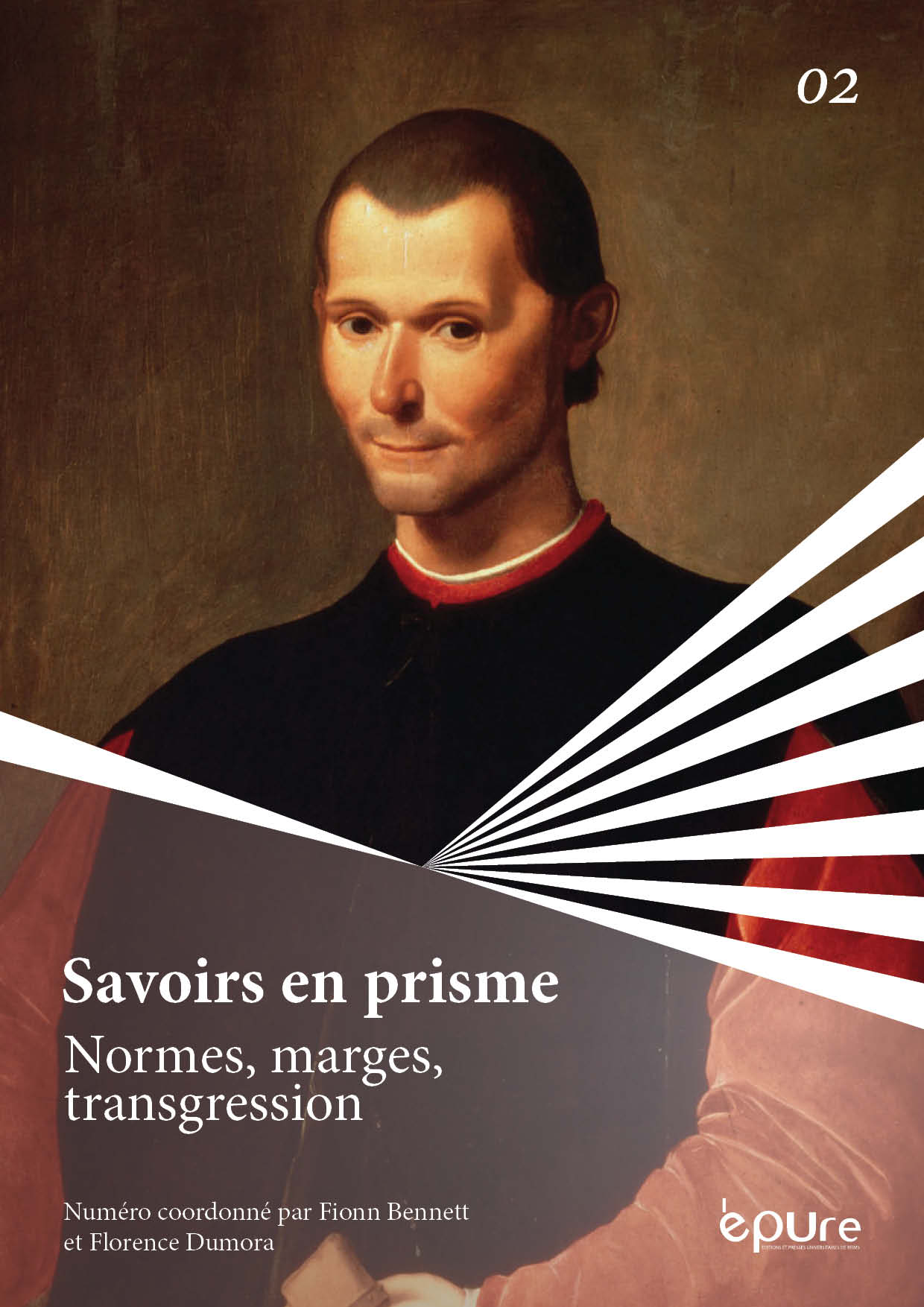Le calendrier comme norme
Résumé
Mon propos est de montrer que la fabrique des calendriers répond à l’exigence d’imposer un rythme collectif à un groupe humain pour le réguler voire le dominer religieusement, socialement, politiquement. En prenant appui sur l’histoire des calendriers, je mettrai en évidence le fait que les prêtres et les rois se sont livrés une âpre bataille pour prendre la main sur la détermination des calendriers. Mais que signifie ce combat ? Pourquoi le pouvoir sur les calendriers est-il si convoité ? Ces questions me conduiront à réfléchir sur les rapports entre les calendriers et le temps. Le temps est-il lui aussi à penser comme un instrument au service de la norme ? Et même ce qu’il y a de plus intime en moi, ce qui conditionne et détermine la manière dont je pense ma vie, mon histoire et l’unité de mon moi, n’est-il pas lui-même conditionné par le temps social et les calendriers ? Ma conscience du temps n’est-elle pas elle-même régulée par le temps social du groupe auquel j’appartiens et par les calendriers qui l’expriment et qui régulent jours fériés, jours ouvrables, horaire d’été, horaire d’hiver. Le temps est individuel, le temps est social, le temps est même universel puisque le Temps Universel (TU) sert d’unité-étalon à tous les temps relatifs à la situation géographique d’un pays par rapport au méridien de Greenwich et pourtant cette omniprésence et omnipotence du temps n’est-elle pas une simple construction ?
My goal is to prove that the point of producing calendars is to impose a rhythm on a human group in order to regulate and even to control it religiously, socially and politically. Basing itself on the history of calendars, my paper will make it plain that priests and kings fought each other over the power to determine calendars. But what did this struggle mean? Why was the power to control calendar creation so coveted? These questions are correlated to the problem of the relation between calendars and time. Is time also a tool for imposing norms to a group? And even what is most intimately ‘me’, the conditions of my life, my story and the unity of ego, are these also determined by social time and calendars? My awareness of time, isn’t it also regulated by the social time of the group to which I belong and by calendars which indicate holidays, working days, summer and winter time? Time is individual, time is social, time is even universal to the extent that local times all over the world are distinguished in reference to the Greenwich Meridian, and yet this omnipresence and omnipotence of time, isn’t it simply a construction?
Références
Achebe, Chinua (1978) : La Flèche de Dieu. Trad. Irène Assiba d’Almeida & Olaga Mahougbé Simpson. Paris : Présence africaine.
Azu, N.A.A. (1929)°: Adangbe Historical and Proverbial Songs. Accra : Government Printing Office.
Boulanger, Nicolas (2007) : Recherches sur l’origine du despotisme oriental. Tanger : Editions Coda.
—— « Œconomie politique » in tome IX, pp. 366-383 de l’Encyclopédie, éditée par d’Alembert et Diderot.
Elias, Norbert (1996) : Du temps. Trad. Michèle Hulin. Paris : Fayard.
Encyclopédie ou dictionnaire raisonné des sciences, des arts et des métiers, éditée par d’Alembert et Diderot, Paris, Briasson, David, Le Breton et Durand, 17 vol. de texte 1751-1765, 11 vol. de planches 1762-1772, puis Paris, Panckoucke (auquel se joignent Brunet et Stoupe pour le suppl. de planches) et Amsterdam, Rey, pour les 7 vol. de suppléments et de tables 1766-1780 ; 1751-1780 ; rééd. en 35 vol., Paris, Frommann, 1966-1967.
Galilei, Galileo (1995) : Discours concernant deux sciences nouvelles. Trad. M. Clavelin. Paris : PUF.
Le Ru, Véronique (2012) : Le temps, la plus commune des fictions. Paris : PUF.
Segalen, Victor (1995) : Les Immémoriaux in Œuvres complètes. Tome 1. Paris: Robert Laffont.
Shaw, Matthew (2011) : Time and the French Revolution, The Republican Calendar 1789- an XIV. London: The Royal Historical Society.
Vovelle, Michel (1998) : La Révolution contre l’Église. De la Raison à l’Être suprême. Paris : Editions Complexe.
Copyright (c) 2020 Savoirs en prisme

Ce travail est disponible sous licence Creative Commons Attribution - Pas d’Utilisation Commerciale - Partage dans les Mêmes Conditions 4.0 International.


